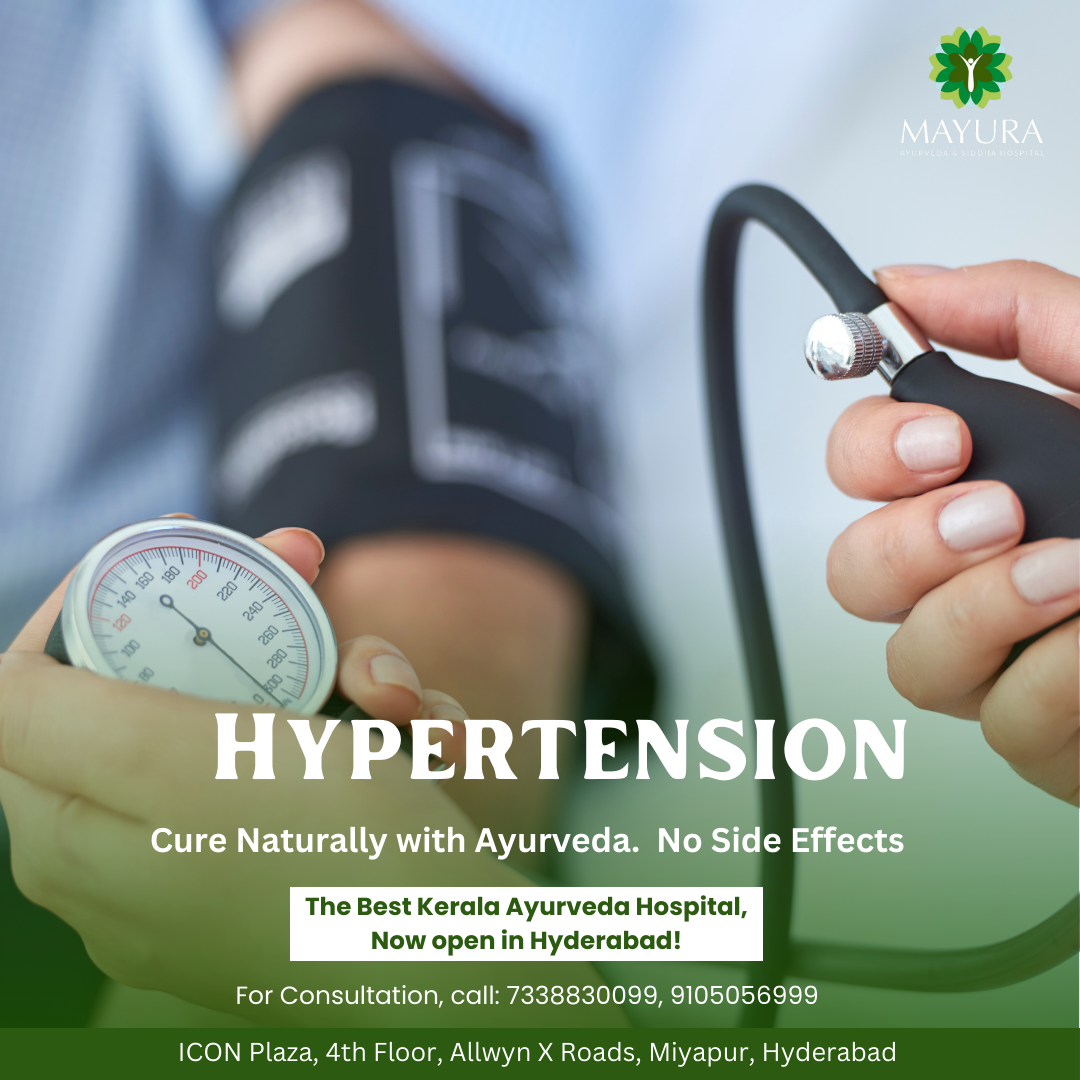Hypertension, commonly known as high blood pressure, is a prevalent yet often silent health condition that affects millions worldwide. Understanding the intricacies of hypertension management is crucial for safeguarding cardiovascular health and reducing the risk of associated complications.
Causes and Risk Factors: Hypertension can stem from a variety of factors, including genetics, lifestyle choices, and underlying health conditions such as obesity, diabetes, and kidney disease. Contributing factors like high sodium intake, excessive alcohol consumption, smoking, and lack of physical activity can also elevate blood pressure levels.
Symptoms and Diagnosis: One of the challenges with hypertension is its asymptomatic nature in the early stages. Many individuals may not experience noticeable symptoms until the condition has progressed significantly, potentially leading to organ damage. Regular blood pressure screenings are essential for early detection and diagnosis. Elevated blood pressure readings taken on multiple occasions are indicative of hypertension.
Treatment Approaches: Managing hypertension typically involves a multifaceted approach aimed at reducing blood pressure levels and minimizing the risk of cardiovascular complications. Lifestyle modifications play a central role and include adopting a heart-healthy diet, reducing sodium intake, engaging in regular exercise, maintaining a healthy weight, limiting alcohol consumption, and managing stress effectively.
Pharmacological Interventions: In addition to lifestyle changes, healthcare providers may prescribe medications to help lower blood pressure. These medications work through various mechanisms to relax blood vessels, decrease fluid volume, or reduce the heart’s workload. Commonly prescribed classes of antihypertensive drugs include diuretics, ACE inhibitors, angiotensin II receptor blockers, beta-blockers, and calcium channel blockers.
Monitoring and Follow-Up: Regular monitoring of blood pressure is essential to assess the effectiveness of treatment and make any necessary adjustments. Healthcare providers may recommend home blood pressure monitoring and regular follow-up visits to track progress and ensure optimal blood pressure control. Patients should adhere to prescribed treatment regimens and report any concerns or side effects to their healthcare team promptly.
Prevention Strategies: Preventing hypertension involves adopting a healthy lifestyle from an early age. This includes maintaining a balanced diet, staying physically active, avoiding tobacco products, limiting alcohol consumption, managing stress, and getting regular check-ups to monitor blood pressure and overall health status.
















